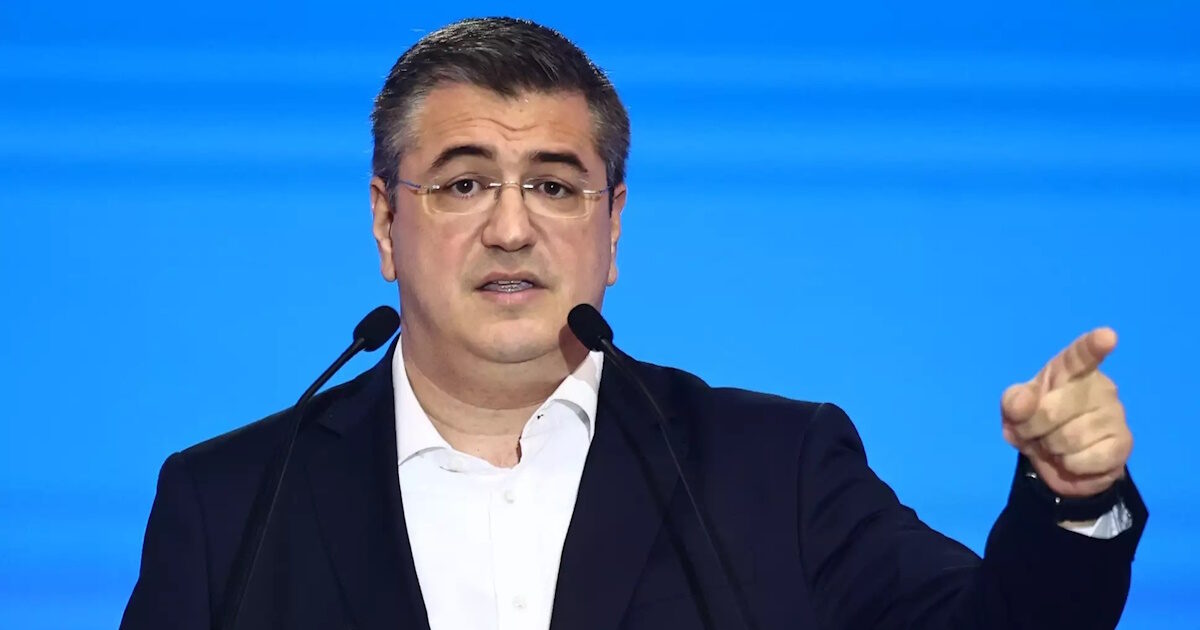The European Union’s infrastructure for a possible military conflict with Russia are not sufficiently prepared, according to its Community Commissioner. EU For transport issues, Apostle Tzitzikostas.
In an interview with the Financial Times (FT), Apostolos Tzitzikostas warns that Europe’s roads, bridges and rail routes are not capable of carrying troops, tanks and military equipment quickly throughout Epirus.
According to the EU Transport Commissioner, if NATO battle tanks develop in the event of a Russian attack, they could get stuck in tunnels or cause a collapse of bridges. The problem is not only the infrastructure itself, but also the bureaucratic obstacles on the EU’s internal borders.
“We have narrow bridges that need to be expanded. And we have non -existent bridges to be built,” Apostolos Tzitzikostas told the FT.
The current infrastructure is designed for political circulation – not for military logistics. According to the report, trucks on European roads weigh up to 40 tonnes, while a battle chariot weighs up to 70 tonnes.
“The reality today is that if we want to move military equipment and troops from Western Europe to the East, it takes weeks and in some cases months,” Apostolos Tzitzikostas told the FT. He said it is impossible to defend the continent if the European armies cannot move quickly.
17 billion euros in investment
According to the report, the EU Commissioner plans to spend 17 billion euros on the restoration of European infrastructure to increase military mobility within the EU. This will include the modernization or construction of new infrastructure projects along four strategic corridors – including bridges and railways.
In addition to construction measures, the emphasis will also be placed on reducing bureaucracy. The Apostle Tzitzikostas points out that the tanks should no longer “stick to papers” when crossing the EU border.
In the context of a possible controversy with Russia and an impending US withdrawal from the security policy, the EU is working to strengthen its defense potential. A weapons development program of up to 800 billion euros is planned.
Mark Rutte, NATO secretary general, recently warned alliance members in June that Russia could attack one of their countries by 2030. The head of the German Federal Information Service also warned that Russia could also be in a position.
The European Commission plans to present the military mobility plan later this year. However, it remains to be seen whether the scheduled 17 billion euros will actually be included in the next eu budget of the EU (2028-2034), according to diplomats-negotiations between Member States are considered difficult.
